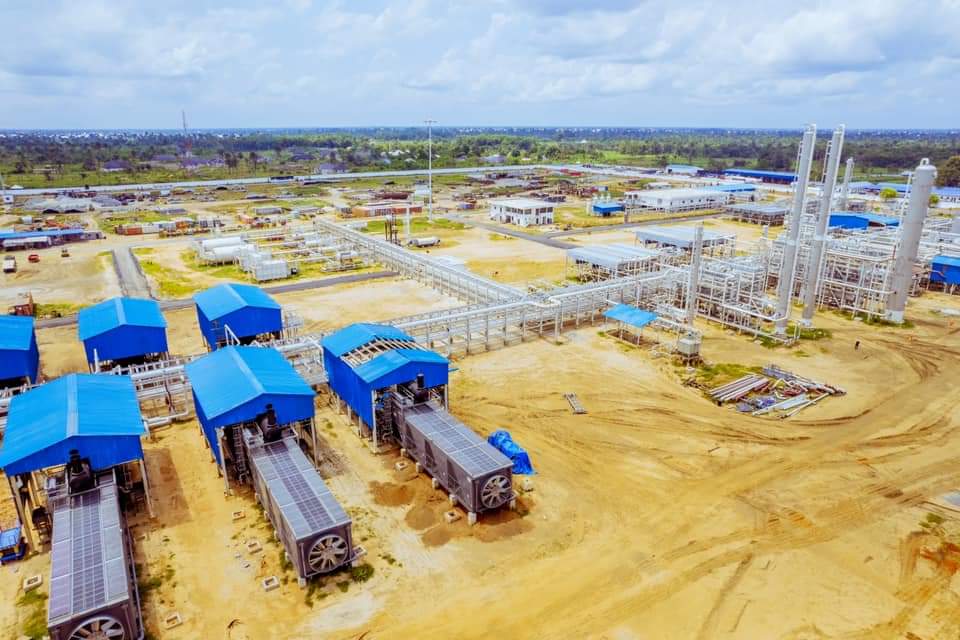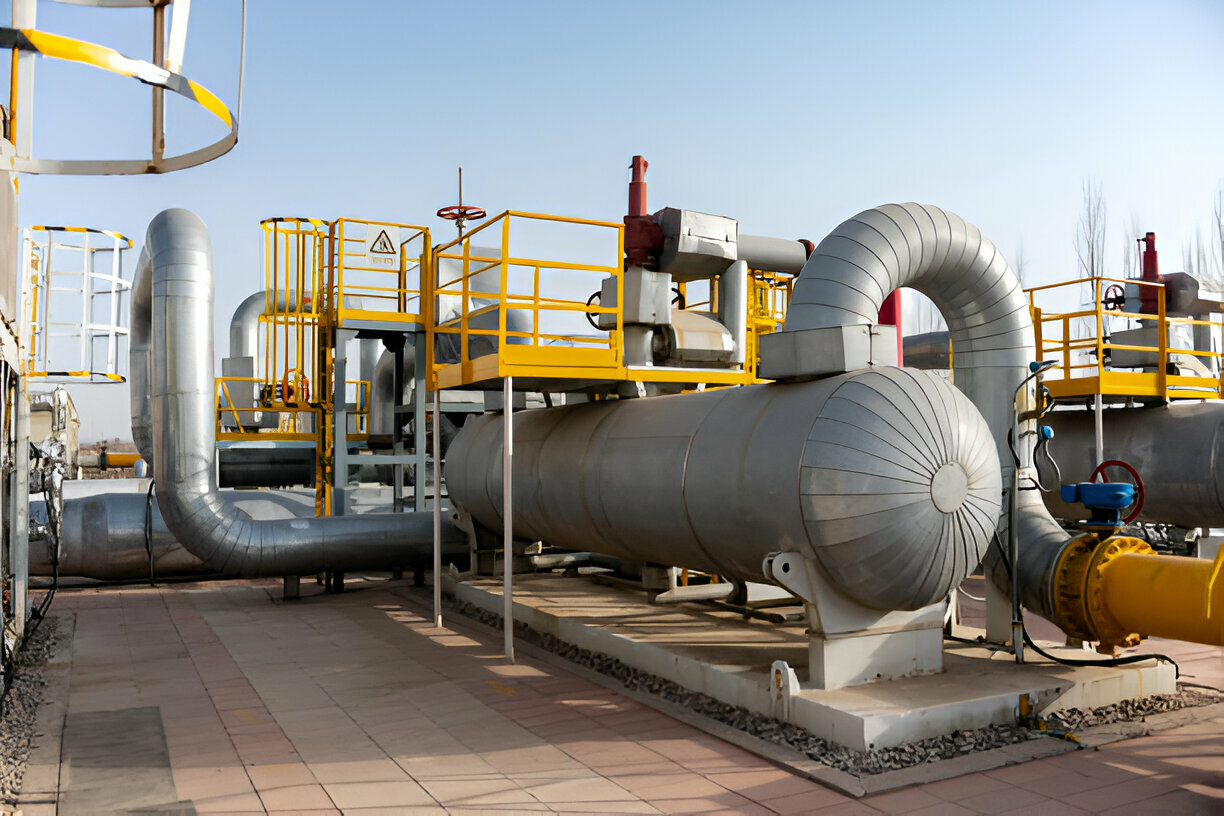The administration of President Bola Ahmed Tinubu has reiterated that natural gas remains a critical energy resource to drive the country’s energy transition. This commitment is in line with the government’s Decade of Gas Initiative which identifies natural gas as a transition fuel, that is critical to achieve net-zero emissions in the country by 2060, according to the country’s Energy Transition Plan (ETP). Hence, the initiative seeks to expand the country’s natural gas resource to facilitate growth in a responsible and sustainable manner. Along this line, different gas infrastructure projects have come on stream in recent times to drive up natural gas production.
The recently commissioned gas infrastructure projects which include the expanded AHL Gas Processing Plant, the ANOH to Obiafu-Obrikom-Oben (OB3) custody transfer metering station gas pipeline projects and the ANOH Gas Processing Plant, located in Imo and Delta states in southern Nigeria, are one of such projects geared at improving natural gas supply. Cumulatively, these facilities have the capacity to produce 500 million standard cubic feet (MMScf) per day. With this additional gas production capacity, Nigeria’s gas supply increases by 25%, taking the country a step further in actualizing the country’s gas expansion ambitions. It is important to highlight that these projects were executed by Nigerian National Petroleum Corporation (NNPC) Limited in collaboration with its partners [Sterling Oil Exploration & Energy Production Company Limited (SEEPCO) and Seplat Energy].

Worthy of note is the fact that this increased gas production capacity prioritizes gas supply to Nigeria’s domestic energy market, an objective that is vital to achieving energy transition. In Nigeria currently, its energy utilization systems depend mainly on diesel and petroleum, energy sources that have become costly due to the government’s fuel subsidy removal. Also, diesel and petroleum emit significant greenhouse gas emissions, an occurrence that is not in tandem with the objectives of Nigeria’s ETP. Data shows that based on per unit of energy produced, CO2 emissions from natural gas are 27.5% less than diesel, also 25.6% less than gasoline (petroleum).
Considering the challenges of the extant energy sources dominating Nigeria’s energy market, the increased availability of natural gas in its different forms such as liquified natural gas (LNG), compressed natural gas (CNG) and liquefied petroleum gas (LPG) in the market offer less polluting and cheaper energy utilization pathways, that can ensure energy access, while also decarbonizing critical sectors.
For emphasis, energy access is improved within the context of providing affordable CNG for use in Nigeria’s transportation sector. This is in accordance with the government’s Presidential Compressed Natural Gas Initiative, which aims to ensure adoption of CNG vehicles in the country’s transportation sector in a cost-effective manner. Specifically, it is reported that the cost of CNG is 15% lesser than the average cost of petroleum in the market. Further, this increased gas supply can influence current gas price in the market via the forces of demand and supply, driving down the cost of LPG. As a result, more homes would be able to afford LPG for clean cooking, which is one of the goals of the country’s ETP.
Facilitating clean cooking remains a critical action point of the National Clean Cooking Policy, with one of its policy goals focused on ensuring universal access to clean cooking energy solutions in Nigeria by 2030. The increased supply of gas therefore provides solutions that can facilitate actualization of this goal. In addition, with the increased gas supply, huge emitters in the country would be able to wean off their dependence on diesel and petroleum for energy production, and transition to natural gas. This is specifically important for heavy industries that use diesel to produce electricity for their operations. On this note, these huge emitters would be able to limit their emissions, positioning these industries in the path to net-zero.
In summary, these new gas infrastructure projects offer solutions that facilitate actualization of Nigeria’s energy transition goals, by inferences, helping the country implement its Nationally Determined Contributions.

